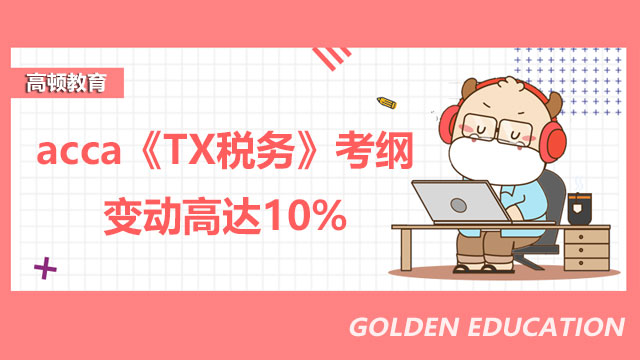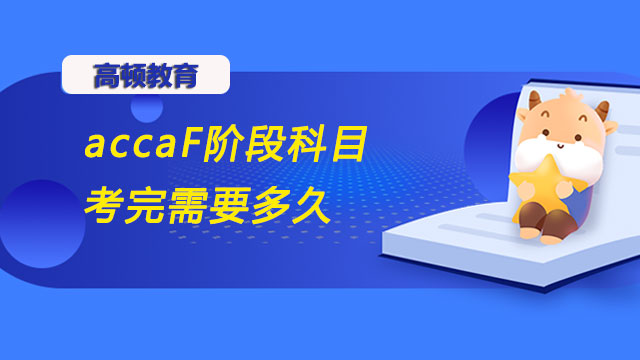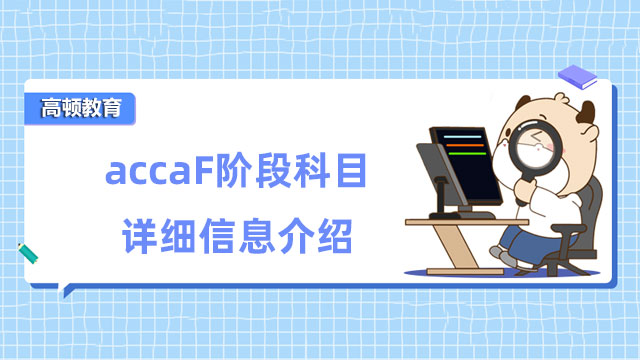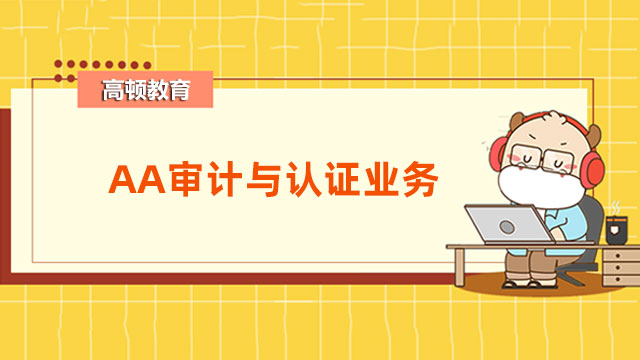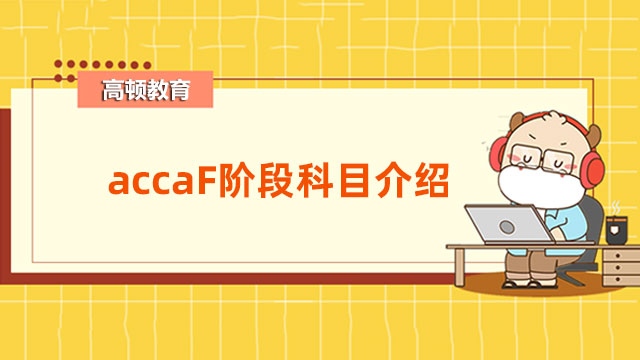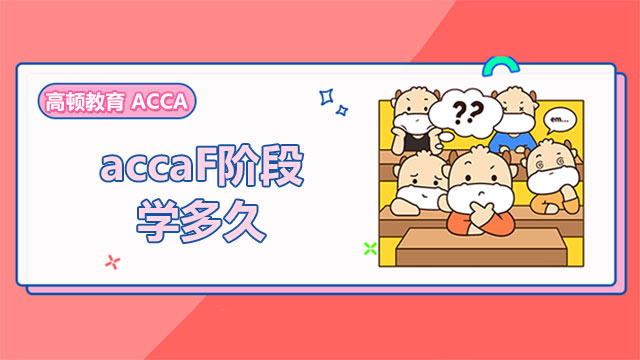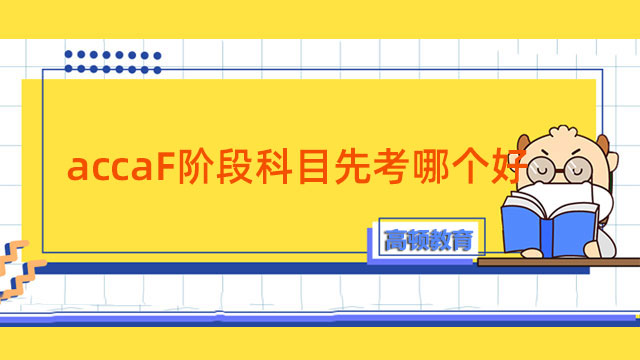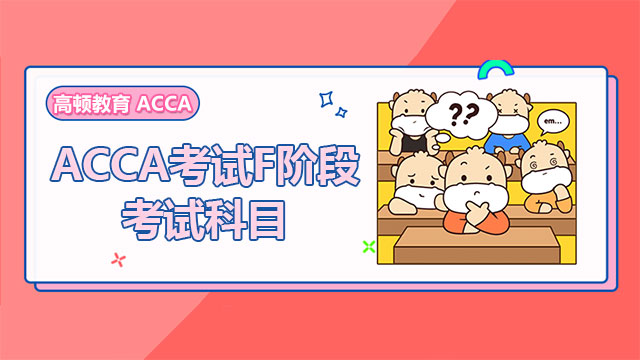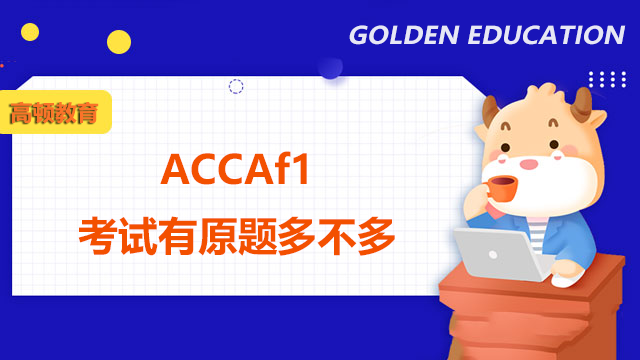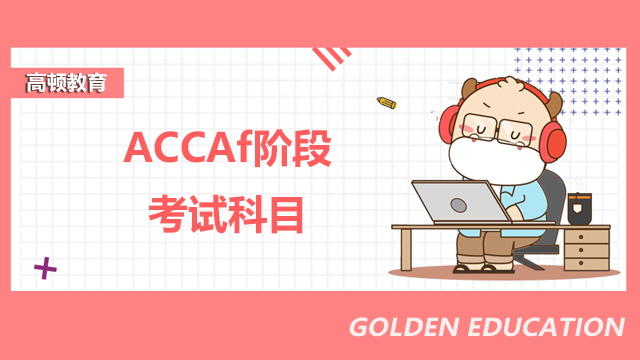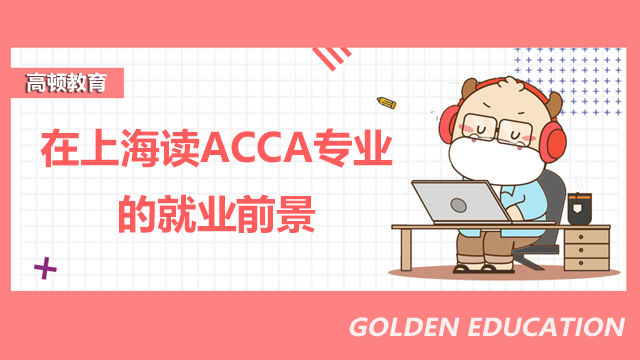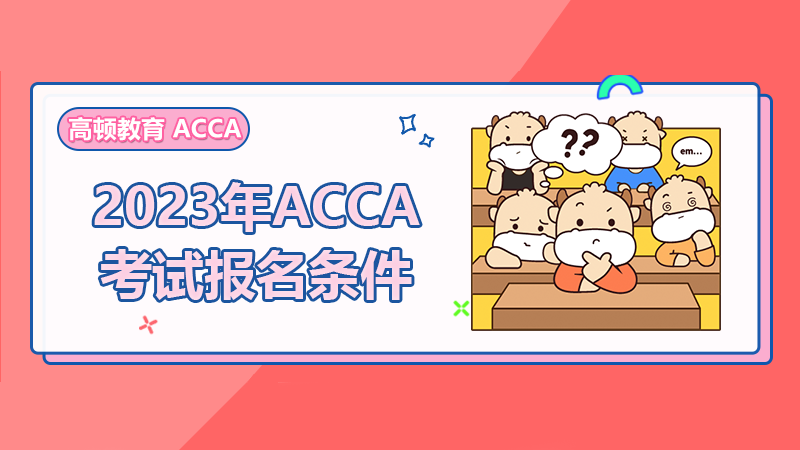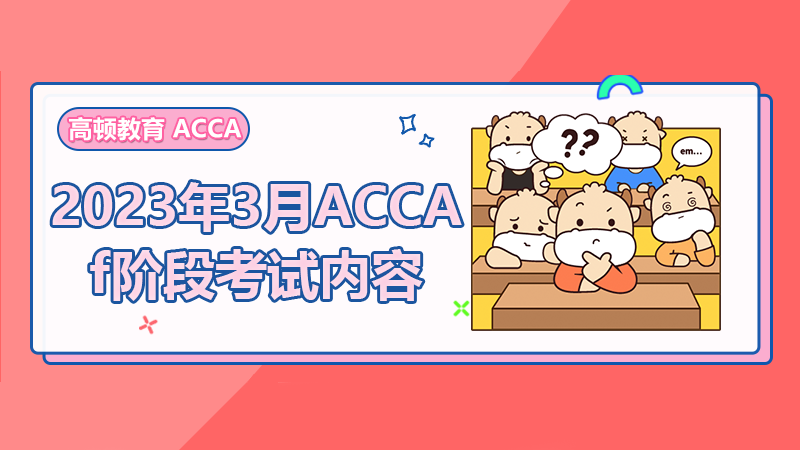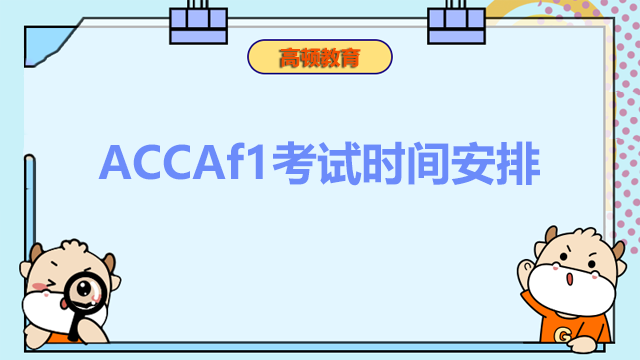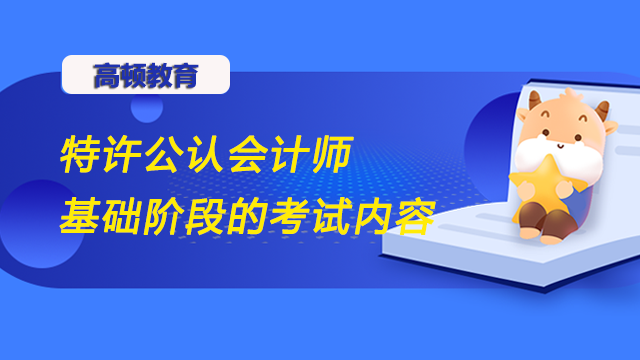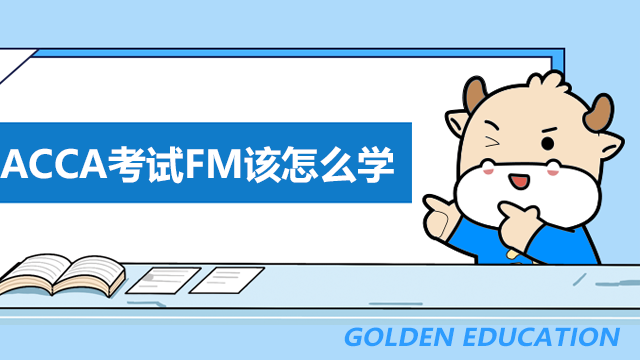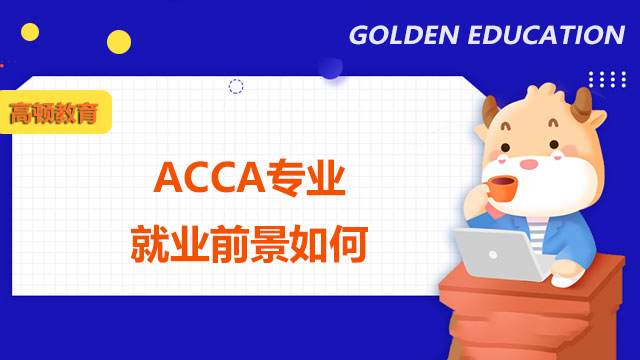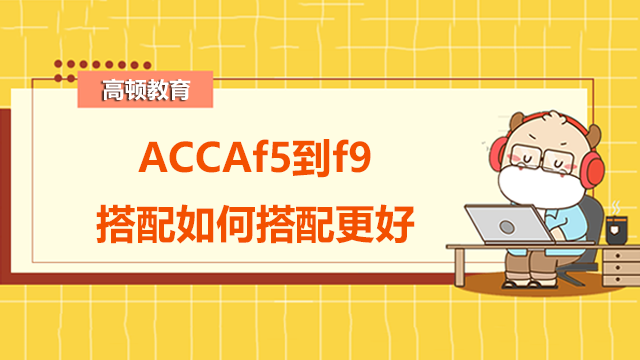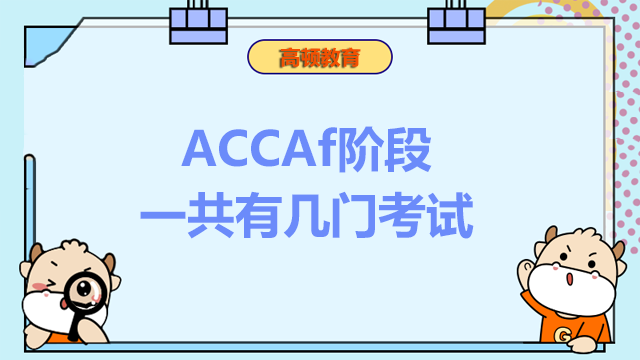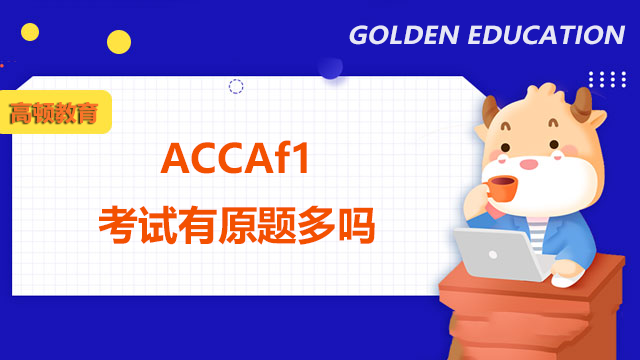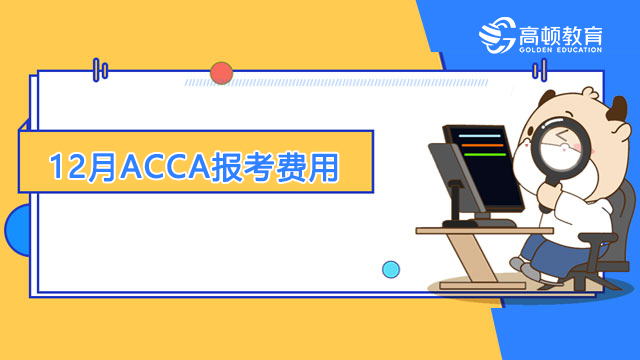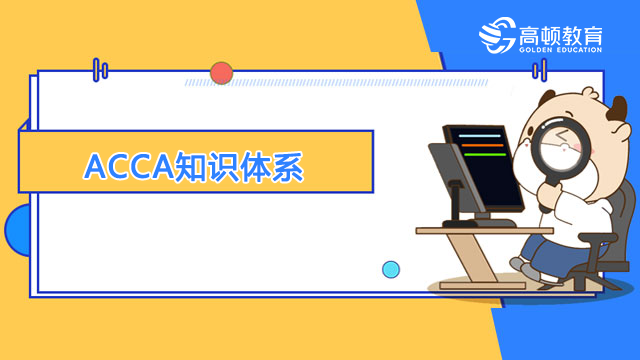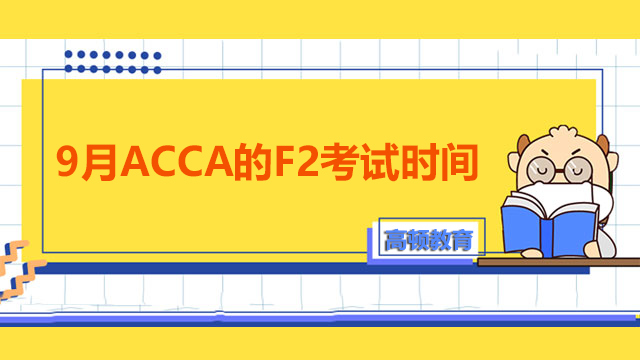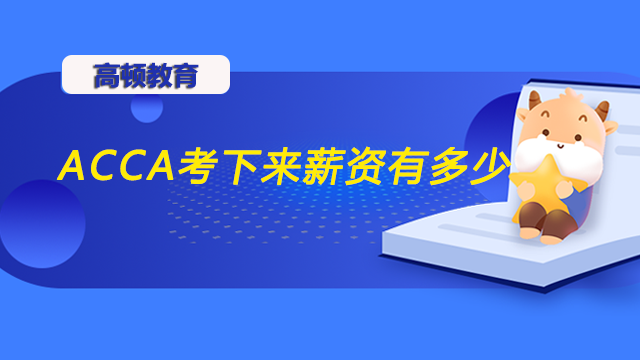2014年6月ACCA考试F4真题及解析
来源:
高顿网校
2015-09-06
Question:Gim and Hom formed an online supply company, IMP Ltd, in 2010 and have been its sole directors since then. The business has never made a profit and has only managed to carry on trading by using its ?50,000 overdraft facility with Just Bank plc.
In January 2012, IMP Ltd entered into a large deal and by October 2012 it was obvious that it had lost ?100,000 on the contract. Gim and Hom treated the loss as merely unfortunate and carried on trading although this meant unilaterally ignoring the limit on their agreed overdraft with Just Bank plc, and delaying the payments on their other outstanding contracts. They justified their decision on the grounds that they could recover all their losses to date from the profits of a new contract. Unfortunately, their optimism was misplaced and the new contract lost an additional ?100,000.
In February 2014 Gim and Hom applied to have IMP Ltd wound up, owing debts of ?250,000.
The realisable value of the company’s assets is ?10,000.
Required:
Analyse the above situation from the perspective of Gim and Hom’s potential liability for either fraudulent or wrongful trading under the Insolvency Act 1986. (10 marks)
解析:This question requires candidates to consider and explain a problem scenario which raises issues relating to directors’ statutory duties under ss.213 and 214 Insolvency Act (IA) 1986 as they apply to fraudulent and wrongful trading.
At common law, the duties owed by directors to their company and the shareholders, employees and creditors of that company were notoriously lax. Statute has, by necessity, been forced to intervene to increase such duties in order to provide a measure of protection for those concerned.
Common law did not place any great burden on directors in regard to liability for company losses. Damages could be recovered against directors for losses caused by their negligence but the level of such negligence was high. As was stated in Lagunas Nitrate Co v Lagunas Syndicate (1899), it must, in a business sense, be culpable or gross. The laxity of the situation at common law has been much tightened by statute, particularly by the development of civil liability for wrongful trading, which was introduced by s.214 IA 1986.
Fraudulent trading
There has long been civil liability for any activity amounting to fraudulent trading. Thus, s.213 IA 1986 governs situations where, in the course of a winding up, it appears that the business of a company has been carried on with intent to defraud creditors, or for any fraudulent purpose. In such cases, the court, on the application of the liquidator, may declare that any persons who were knowingly parties to such carrying on of the business are liable to make such contributions (if any) to the company’s assets as the court thinks proper. The major problem in making use of s.213, however, lies in meeting the very high burden of proof involved in proving dishonesty on the part of the person against whom it is alleged.
Wrongful trading
Wrongful trading does not involve dishonesty but, nonetheless, it still makes particular individuals potentially liable for the debts of their companies. Section 214 IA 1986 applies where a company is being wound up and it appears that, at some time before the start of the winding up, a director knew, or ought to have known, that there was no reasonable chance of the company avoiding insolvent liquidation. In such circumstances, then, unless the directors took every reasonable step to minimise the potential loss to the company’s creditors, they may be liable to contribute such money to the assets of the company as the court thinks proper. In deciding what directors ought to have known, the court will apply an objective test, as well as a subjective one and s.214 IA establishes a minimum standard of what may reasonably be expected of a person carrying out the same functions as are carried out by that director in relation to the company.
The manner in which incompetent directors will become liable to contribute to the assets of their companies was shown in Re Produce Marketing Consortium Ltd (1989), in which two directors were held liable to pay compensation from the time that they ought to have known that their company could not avoid insolvent liquidation, rather than the later time when they actually realised that fact.
In addition, directors may be disqualified from holding office for a period of up to 15 years under the provisions of the Company Directors Disqualification Act (CDDA)1986 if they are found liable for either fraudulent or wrongful trading.
Applying the foregoing law to the problem scenario, it is unlikely that there is sufficient evidence to substantiate a claim against Gim or Hom for fraudulent trading, as apparently they genuinely thought they could trade their way out of difficulty. Although it has to be recognised that Gim and Hom did actually disguise the debts of the company, they did not do so in order to benefit themselves.
It would appear, however, that the two of them are certainly liable for an action for wrongful trading, as they carried on trading after it was clear that they ought to have known that there was no reasonable chance of the company avoiding insolvent liquidation. Nor can it be claimed that they took every reasonable step to minimise the potential loss to the company’s creditors. Indeed, it was their continued trading which caused the creditors to suffer an additional loss beyond what they would have suffered had IMP Ltd been wound up at an earlier date.
It remains to determine from which date Gim and Hom should be held responsible for the debts of the company and it is immediately apparent that there was no real prospect of the company avoiding insolvent liquidation as early as October 2012. Consequently, they will be personally liable for any debts accrued by the company after that date.
They will also be liable to be disqualified from acting as company directors under the CDDA.
高顿网校温馨提醒
各位考生,2015年ACCA备考已经开始,为了方便各位学员能更加系统地掌握考试大纲的重点知识,帮助大家充分备考,体验实战,高顿网校开通了全免费的ACCA题库(包括精题真题和全真模考系统),题库里附有详细的答案解析,学员可以通过多种题型加强练习。戳这里进入ACCA免费题库>>>
| ACCA网络课程 | 课程专业名称 | 讲师 | 试听 |
 85%的人正在学习该课程 85%的人正在学习该课程 | ACCA 全维度网课体验课程 实景课堂与独立录制 覆盖所有知识点,根据学习计划推进学习进度 | 高顿名师 |  |
 70%的人正在学习该课程 70%的人正在学习该课程 | ACCA网课全科卡(8.2折) 为零基础刚开始学习ACCA的学员特别定制 | 高顿名师 |  |
精彩推荐:
版权声明:本条内容自发布之日起,有效期为一个月。凡本网站注明“来源高顿教育”或“来源高顿网校”或“来源高顿”的所有作品,均为本网站合法拥有版权的作品,未经本网站授权,任何媒体、网站、个人不得转载、链接、转帖或以其他方式使用。
经本网站合法授权的,应在授权范围内使用,且使用时必须注明“来源高顿教育”或“来源高顿网校”或“来源高顿”,并不得对作品中出现的“高顿”字样进行删减、替换等。违反上述声明者,本网站将依法追究其法律责任。
本网站的部分资料转载自互联网,均尽力标明作者和出处。本网站转载的目的在于传递更多信息,并不意味着赞同其观点或证实其描述,本网站不对其真实性负责。
如您认为本网站刊载作品涉及版权等问题,请与本网站联系(邮箱fawu@gaodun.com,电话:021-31587497),本网站核实确认后会尽快予以处理。
点一下领资料
【整理版】ACCA各科目历年真题
真题高频考点,刷题全靠这份资料
下载合集
acca全科学习思维导图
梳理核心考点,一图看懂全部章节
下载合集
2023年acca考纲解析
覆盖科目重难点,备考按照计划走
下载合集
acca备考 热门问题解答
- acca考试怎么搭配科目?
-
建议优先选择相关联的科目进行搭配报考,这样可以提高备考效率,减轻备考压力,1、F1-F4:为随时机考科目,难度较低,这里可以自行随意选择考试顺序。2、F5-F9:如果你的工作的和财务会计或者审计有关、或者你比较擅长财务和审计的话,推荐先考F7和F8。你可以选择一起考ACCA考试科目F7和F8或者先考F7(8)再考F8(7),这就要取决你一次想考几门。3、P阶段:选修科目中,建议企业首选AFM!第二部分科目进行选择,如果AA和SBR掌握学生更好,可以通过选择AAA,如果SBL掌握的好,可以自己选择APM。
- acca一共几门几年考完?
-
acca一共有15门考试科目,其中有必修科目和选修科目,考生需要考完13门科目才能拿下证书。
- acca一年考几次?
-
acca一年有4次考试,分别是3月、6月、9月和12月,分季机考科目是采取的这类四个考季的模式,而随时机考则是没有这方面的时间规定限制,可以随报随考。
- acca的含金量如何?
-
ACCA证书的含金量是比较高的,从就业、能力提升、全球认可等角度来说,都是比较有优势的证书,其含金量主要表现在以下几个方面:1、国际化,认可度高;2、岗位多,就业前景好;3、缺口大,人才激励。
严选名师 全流程服务
其他人还搜了
热门推荐
-
acca《TX税务》2023-2024考纲变动高达10%,考生请注意! 2023-04-25
-
accaf阶段包括哪几门?这些重点你要注意! 2023-03-30
-
accaF阶段科目考完需要多久?难度大吗? 2023-03-28
-
accaF阶段科目详细信息介绍,这篇介绍全了! 2023-03-23
-
acca《AA审计与认证业务》详细介绍,一文完全了解! 2023-03-17
-
accaF阶段科目介绍,全科难度排序来了! 2023-03-15
-
accaF阶段学多久?学姐经验分享! 2023-03-10
-
accaF阶段科目先考哪个好?报考要注意什么? 2023-02-15
-
accaF8怎么学?备考经验总结! 2023-01-18
-
ACCA考试F阶段考试科目 2022-11-01
-
ACCAf1考试有原题多不多?如何查看考试成绩? 2022-10-19
-
ACCAf阶段的科目内容分别是什么?考试形式是什么? 2022-10-11
-
ACCAf阶段考试科目有哪些?学科内容都是什么? 2022-10-11
-
在上海读ACCA专业的就业前景如何?报名条件是什么? 2022-10-09
-
在上海读ACCA专业的就业前景如何?报名条件是什么? 2022-10-09
-
在上海读ACCA专业的就业前景如何?报名条件是什么? 2022-10-09
-
2023年ACCA考试报名条件是什么?考试报名流程是什么? 2022-09-26
-
2023年3月份考试ACCAf阶段的考试内容是什么?附答题技巧 2022-09-26
-
ACCAf1考试时间是怎么安排的?看完这篇你就知道了 2022-09-13
-
特许公认会计师基础阶段的考试内容是什么?考察什么内容? 2022-09-08
-
ACCA考试FM该怎么学?这份攻略请收好! 2022-09-08
-
ACCA专业的就业前景如何?报名条件是什么? 2022-08-26
-
ACCAf5到f9搭配如何搭配更好?附备考建议! 2022-08-26
-
ACCA要通过多少门才有用?如何申请会员证书? 2022-08-18
-
ACCAf1考试有原题多吗?如何查看考试分数? 2022-08-17
-
12月ACCA报考费用多少钱?报名截止日期什么时候? 2022-08-15
-
ACCA知识体系是什么?附备考攻略! 2022-08-15
-
9月ACCA前四科考试时间是什么时候?附考试攻略! 2022-08-15
-
9月ACCA的F2考试时间是什么时候?什么时候出成绩? 2022-08-12
-
ACCA考下来薪资有多少?考了ACCA有什么好处? 2022-08-08
 更多服务
更多服务






